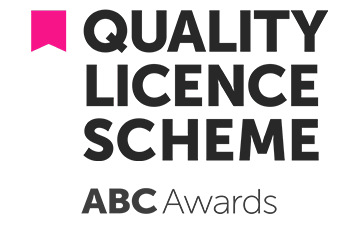

The Advanced Life Skills Coaching Diploma course is designed as a complete professional training package, incorporating a full range of therapeutic models in a complete holistic Life Skills Coaching programme.
The student will gain competence in a range of topics including; Basic Counselling, Psychoanalysis, CBT, Coaching, Advanced Coaching, Basic NLP and Self Hypnosis. These are all combined with the knowledge of how to work with support networks and other professionals, a well as how to set up in professional practice.
Extensive use of case studies is combined with examination of specific application topics (such as stress, anger, smoking and emotional issues) so that the student will gain knowledge of how to apply skills to a range of typical client presentations and issues. The course is designed to enable the student to adhere to the existing National Occupational Standards for Counselling.
What is Life Coaching
What do clients usually want from Life Coaching?
Surface life coaching versus holistic life coaching?
Common misconceptions and errors
Areas and levels of change
Counselling Skills
Counselling Skills continued
Basic Coaching Skills
Advanced Coaching Skills
Coaching the client in relaxation techniques
Coaching the client in altered states
Coaching the client in Behavioural change
Coaching the Client in advanced behavioural changes
CBT continued (Part II: Toxic thoughts)
Basic Psychoanalysis theory and useful techniques
Referral and working with other practitioners
Emotional issues and case studies
Deeper emotional issues and case studies
Weight Loss and Control
Stop Smoking Coaching
Performance Coaching
Faith and Spiritual issues
Anger and Stress Management Coaching
Working with couples or groups
Non-Specific Issues
Professional Practice and Responsibilities
This course has been accredited by Online Academies. On successful completion of this course you will be able to download or print off a PDF of your Online Academies Certificate (please note: you will also be given the opportunity to have a hard copy of the certificate printed off and posted out to you for a small additional charge). If you would like to view a sample of the certificate, please click here.

Online Academy work with Quality Licence Scheme (Quality Licence Scheme). The Quality Licence Scheme is part of the Skills and Education Group, a charitable organisation that unites education and skills-orientated organisations that share similar values and objectives. With more than 100 years of collective experience, the Skills and Education Group’s strategic partnerships create opportunities to inform, influence and represent the wider education and skills sector.
At the conclusion of each module there is a multiple choice question assessment. This will help you remember the main points of the lesson and act as a check that you have retained the essential knowledge and understanding of that particular section. The results can be seen instantaneously and you can correct wrong answers. When the result is satisfactory you can progress to the next module.
Once you have successfully completed all the modules for your course you will be awarded:
A Diploma issued by Online Academies



